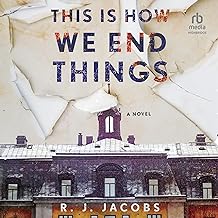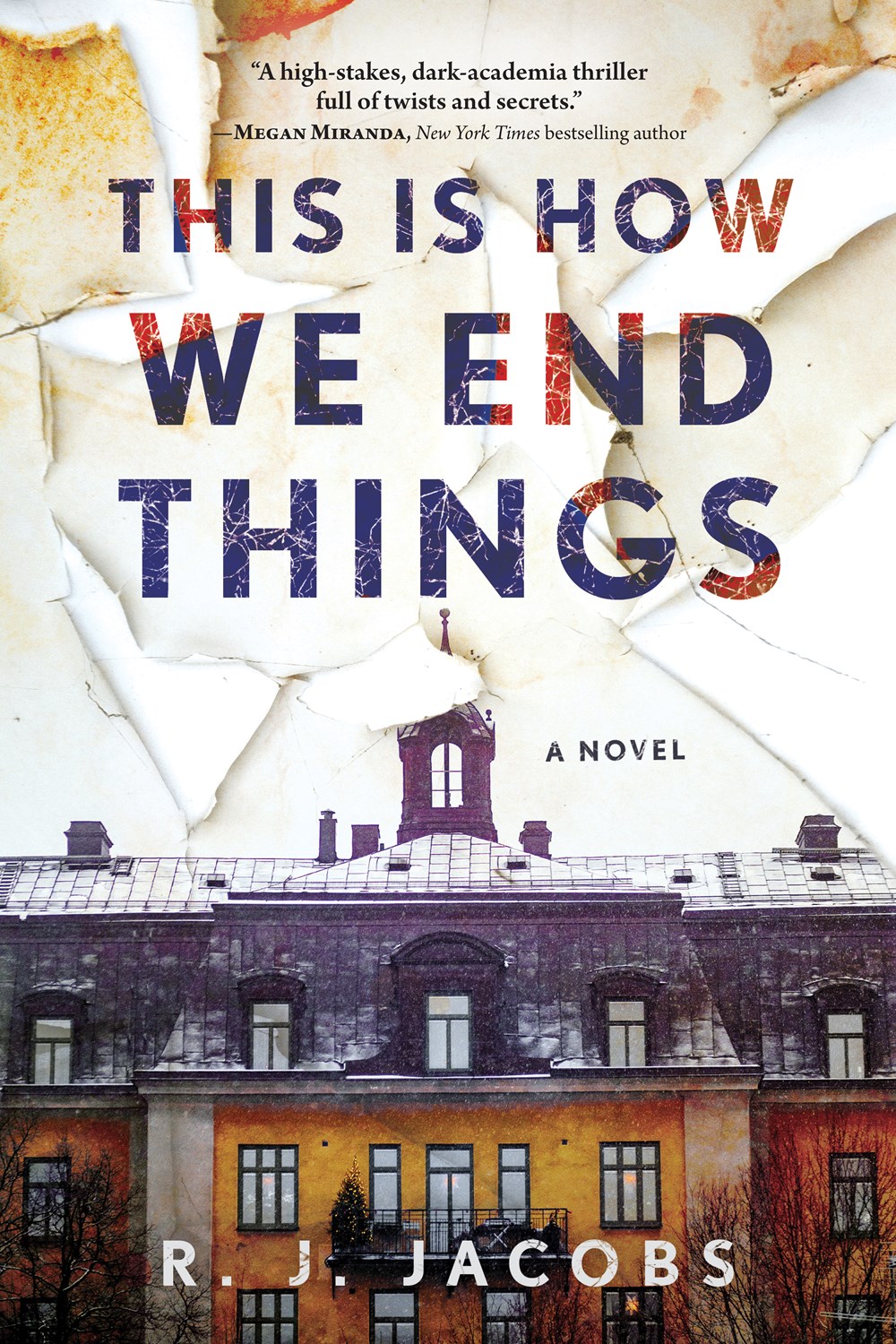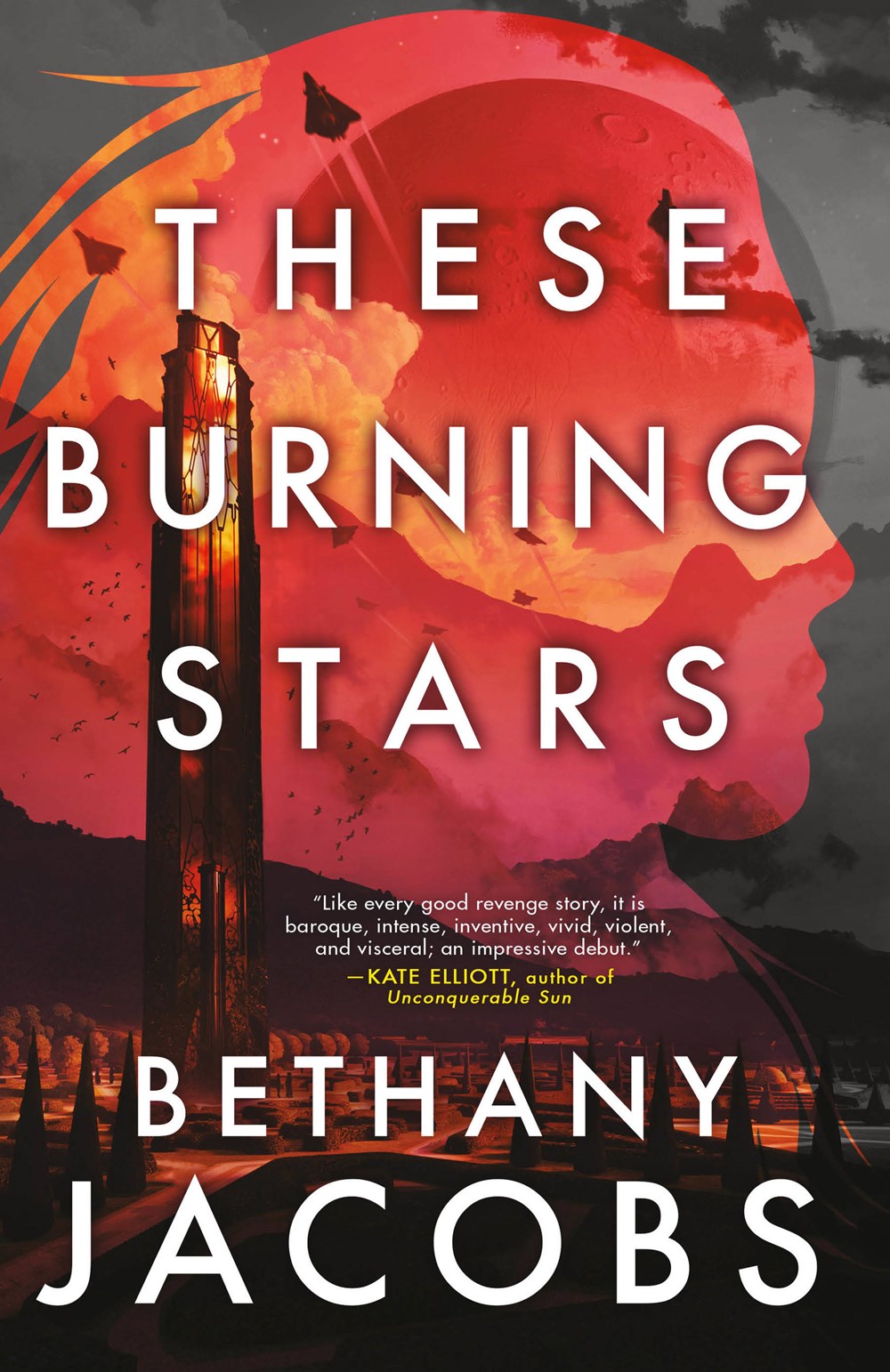Jacobs, A. J
51 Articles
Last 30 days
Last 6 months
Last 12 months
Last 24 months
Specific Dates
From:
To:
unalone
 Speaking to Jew and Gentile, believer and nonbeliver, this poetry collection makes our hungers radiant. Highly recommended.
Speaking to Jew and Gentile, believer and nonbeliver, this poetry collection makes our hungers radiant. Highly recommended.
PREMIUM
This Is How We End Things
A deserted campus and surprise snowstorm create the perfect setting for Jacobs’s (Always the First To Die) exciting new suspense novel, with a wild and deadly chase and plenty of red herrings. Recommended for fans of Ruth Ware, Alex Michaelides, and Riley Sager.
PREMIUM
A Happy Move: Everything You Need To Know Before and After the Boxes Are Packed
This useful guide to moving is best for readers who’ve never planned a move before.
PREMIUM
The Stars Turned Inside Out
Readers who like mixing science and detection may find this book appealing, but it’s a mixed bag.
PREMIUM
This Is How We End Things
Recommended for fans of Riley Sager, Harlan Coben, and B.A. Paris.
These Burning Stars
 Full of political intrigue and impressive worldbuilding, Jacobs’s superb debut launches this space opera trilogy.
Full of political intrigue and impressive worldbuilding, Jacobs’s superb debut launches this space opera trilogy.
PREMIUM
Althea: The Life of Tennis Champion Althea Gibson
Recommended for tennis fans and readers interested in race.
PREMIUM
Ethics by Committee: A History of Reasoning Together About Medicine, Science, Society, and the State
This slim, deeply researched book pulls back the curtain on medical decisions that affect millions. Academic readers and those interested in medical ethics will enjoy Jacobs’s perceptive study.
PREMIUM
The Puzzler: One Man’s Quest To Solve the Most Baffling Puzzles Ever, from Crosswords to Jigsaws to the Meaning of Life
A fun, interactive exploration of the history and hidden world of puzzles. A must-read for puzzle enthusiasts of all skill levels.
ALREADY A SUBSCRIBER? LOG IN
We are currently offering this content for free. Sign up now to activate your personal profile, where you can save articles for future viewing










